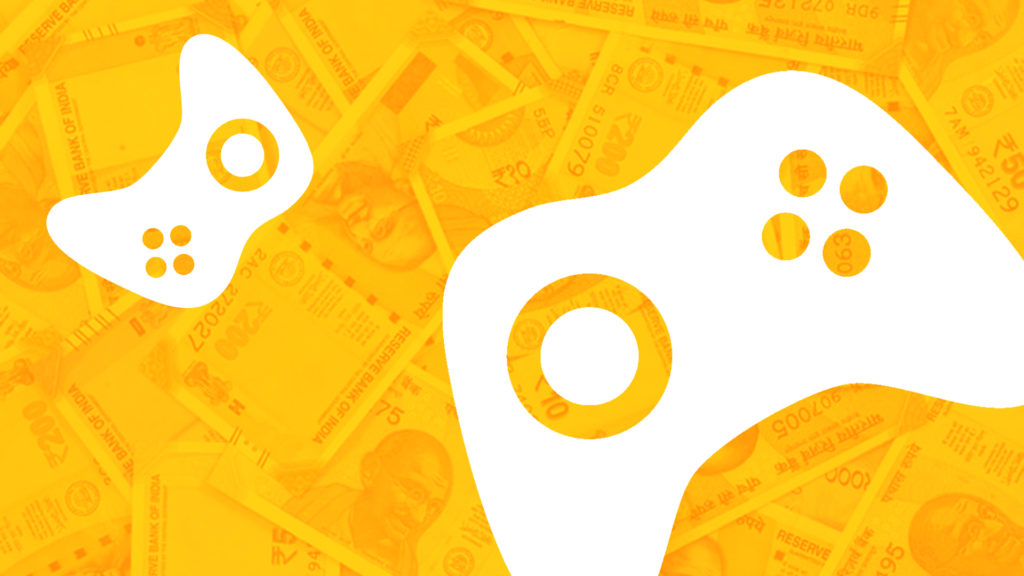
Rajya Sabha Member Makes an Important Point
A recent article authored by the member of Rajya Sabha and senior BJP leader Sushil Kumar Modi makes a detailed discussion on “Why Online Gaming in India Needs Regulation.” While the economic advantages of progressively regulating the sector are rather obvious given its size and potential, such a regulatory framework would also be able to effectively address and lower the social cost related to gaming connected with health issues and addictions, financial risks for consumers, and data protection concerns.
The article was published on the background of parliamentary initiatives by MP Modi who used the Rajya Sabha Zero Hour during the winter session of the House to talk about “the need of the hour” online gaming to be urgently regulated.
The urgency of Sushil Modi’s submission was recognized by the RS Chairman and Vice President of the Union Muppavarapu Venkaiah Naidu who then told the Minister for Communications, Electronics and Information Technology Ashwini Vaishnaw: “Consult the Law Ministry and do the needful. It’s a big menace.”
A Big and Booming Industry
According to the latest KPMG data, 43.3 crores of gamers in India generated ₹13,600 crore (roughly $1.77Bn) in revenues for the country’s online gaming sector during the Fiscal Year of 2021. Projections by the global financial advisors predict the number of gamers in India to reach 65.7 crore and the online gaming market to grow to ₹29,000 crore ($3.77Bn) by FY2025.
The number of mobile game downloads in India have been rising from 1.8Bn during the first three months of the calendar year of 2020, to 2.7Bn for the second quarter, and then to 2.9Bn for the third quarter of the year when the pandemic struck the world.
Regulatory Lacunae
“This flourishing industry suffers from lack of regulatory oversight,” writes Modi. “Online gaming falls in a regulatory gray area and there is no comprehensive legislation with respect to its legality, or its boundaries with gambling and betting even as the applicable tax rate is being debated in relevant circles.”
The distinction between skill-based and chance-based games may sound easy to make on the grounds of which element plays a predominant role in influencing the outcome of a game, but in reality no universal test to unambiguously determine the type of a game has been devised yet, nor by the legislator, nor by the court system.
Covid-19 also increased user engagement with average weekly time spent on mobile games jumping from 2.5 hours before the pandemic to 3.1 hours post-Covid, and spiking to 4.1 hours during the lockdowns of the first wave.
Online Lottery Shouldn’t Be Skipped from Regulatory Talks As Well
For some reason, India’s largest and most popular real money game – lottery seems to have yet to enter the talks about regulation on gambling in cyberspace, even though online lottery in India has the biggest potential for growth of all digital games.
Estimates on the overall market size of lotteries run by state governments in the country place it around ₹50,000 per year ($6.5Bn in current exchange rates) before the launch of GST in 2017.
Reportedly, the increase of ticket prices following the introduction of the indirect tax led to shrinking of the official lottery market to ₹15,000 crore annually and the rise of illegal draws. Estimates on the size of the black lottery market value it around ₹20,000 crore or $2.6 Bn.
Analysis of organic search data suggest that online draws still hold just a fraction of the total size of the lottery market in India. Nevertheless, considering the mass digitization of all aspects of our lives and the growing penetration of smartphones and mobile data access in the country, the market share of online lotteries is destined to grow substantially.
Central Gaming Authority Needed
MP Sushil Modi recommends the establishment of a dedicated Gaming Authority on the central government level. “This authority could be made responsible for the online gaming industry, monitoring its operations, preventing societal issues, suitably classifying games of skill or chance, overseeing consumer protection, and combatting illegality and crime,” he writes.
Modi’s recommendations on urgent regulation measures also include strengthening of KYC (Know Your Customer) rules based on Aadhaar ID in combination with an age-rating mechanism for games, so that minors are prevented from playing unsuitable games and from making in-app purchases without parental consent.